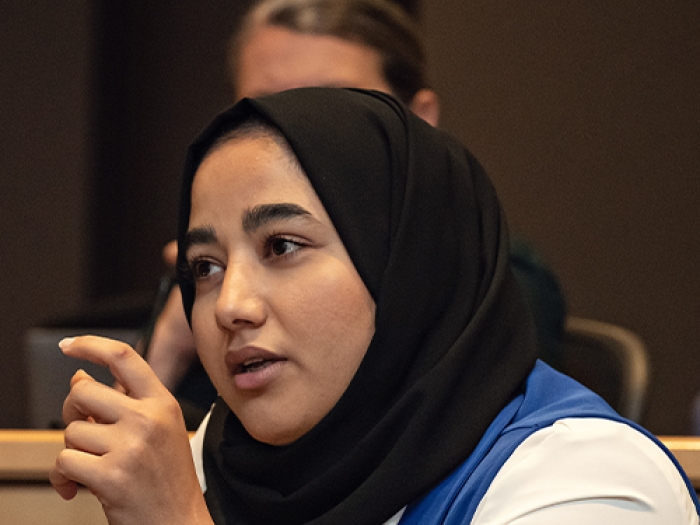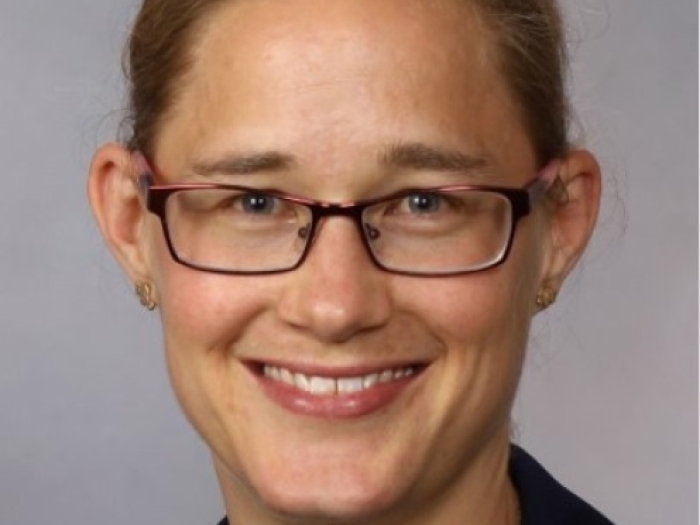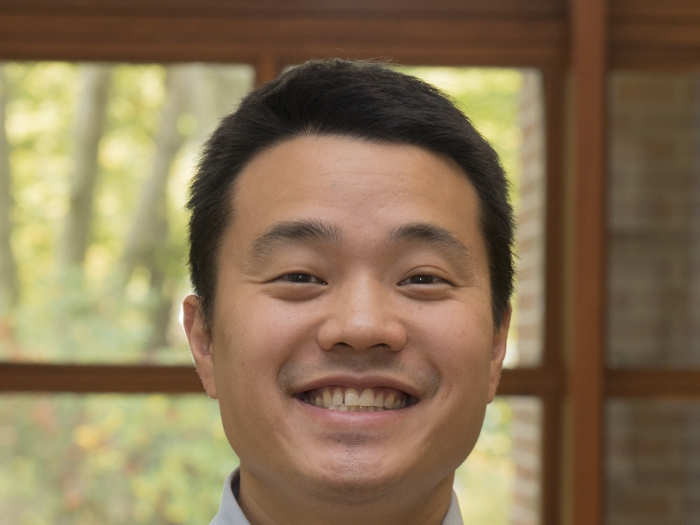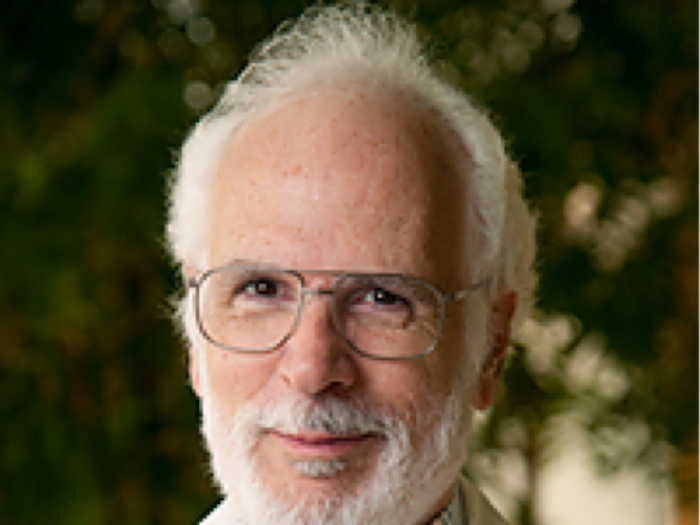Educating and training junior faculty and future leaders to run cutting-edge research is at the heart of M-BoCA.

Tuesday, April 16, 2024
Noon-1-pm
Brett Kaufman PhD
Associate Professor of Medicine
Associate Professor of Bioengineering
University of Pittsburgh
A multidisciplinary science program to foster research collaborations, mentoring, networking, and education in the area of aging and cardiovascular disease via monthly public lecture series, visiting speakers, an annual symposium, and more.
Join us for the next M-BoCA Seminar, Tuesday, April 16 from 12-1pm featuring Brett Kaufman, PhD, presenting “Metabolic approaches to the preservation of cardiac function".
This is an in-person event only, and lunch will be provided. There is no virtual option this month. Please register at this link by Tuesday, April 9th so we have enough food on hand.
Beginning with the April presentation, M-BoCA lectures have just been approved for CME credit! The Activity Report will be posted the day of the lecture with a QR code so you can now claim CME credit!
If you have any questions about the seminar, email [email protected].

Brett Kaufman, PhD

Explore groundbreaking insights into cardiovascular health from esteemed experts, unraveling the mysteries of heart function, disease mechanisms, and innovative therapies.

Each year M-BoCA hosts a large-scale symposium to bring even greater cardiovascular and aging collaboration to the University of Michigan.


